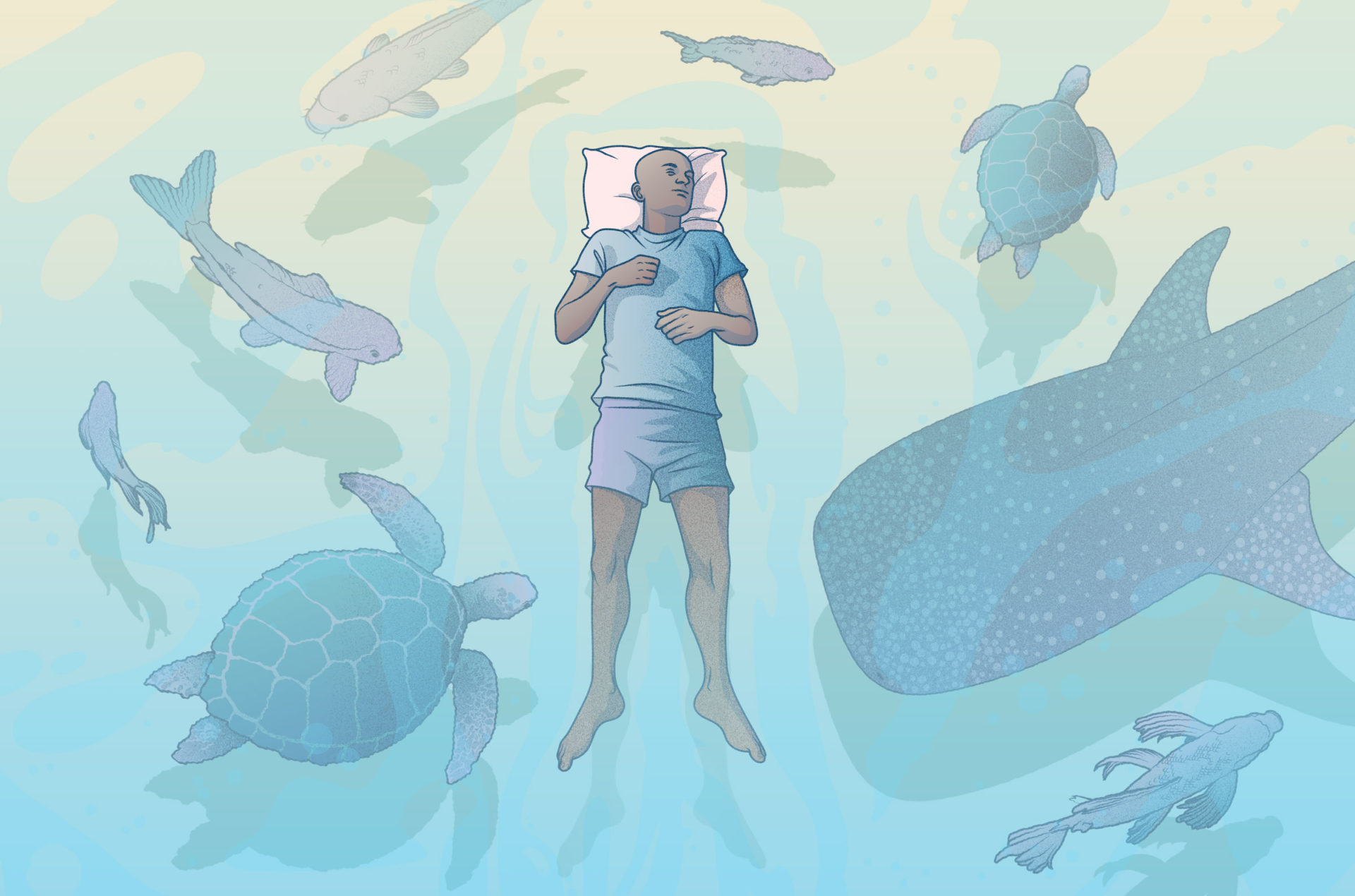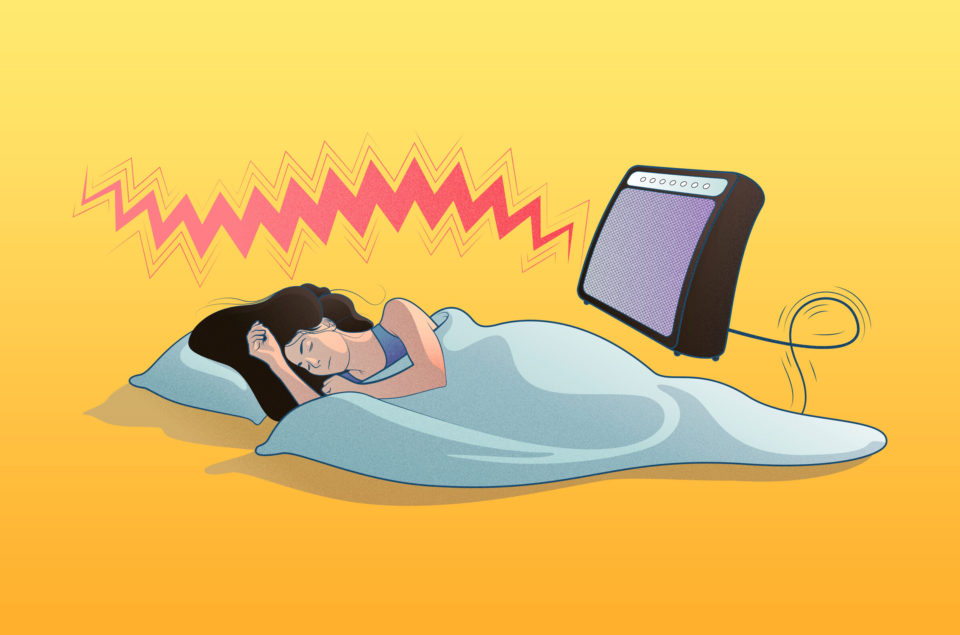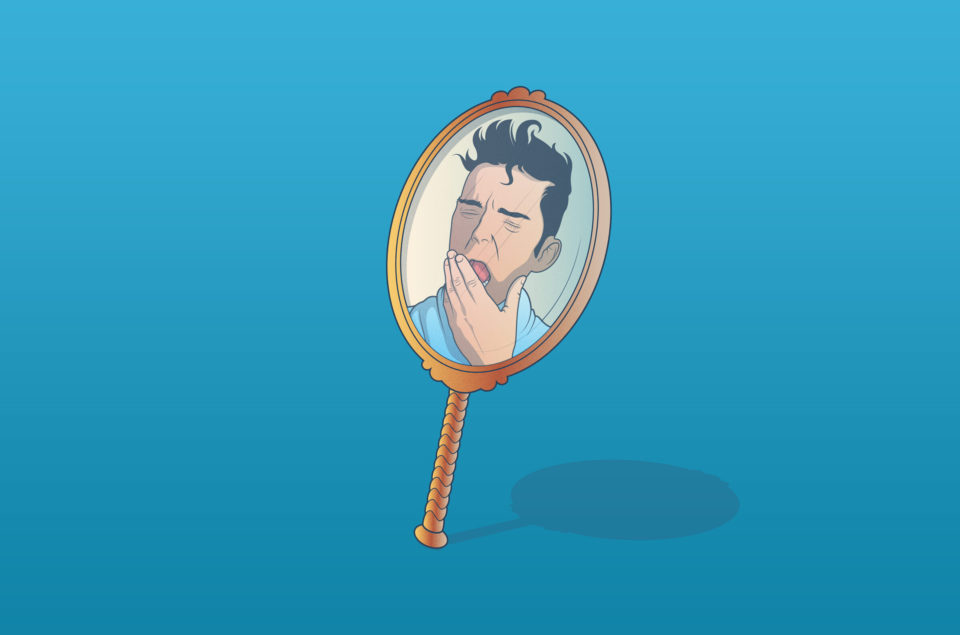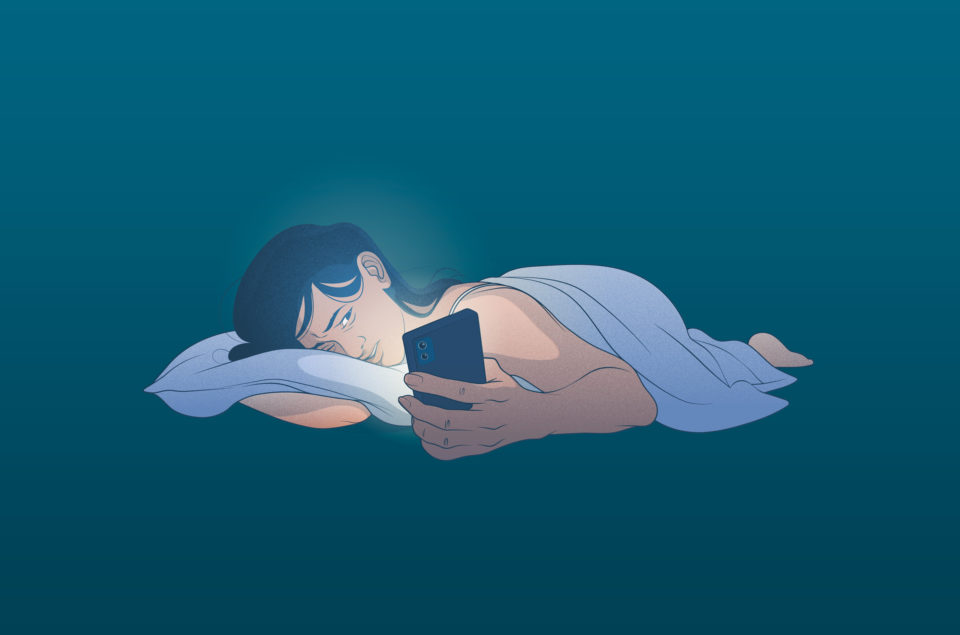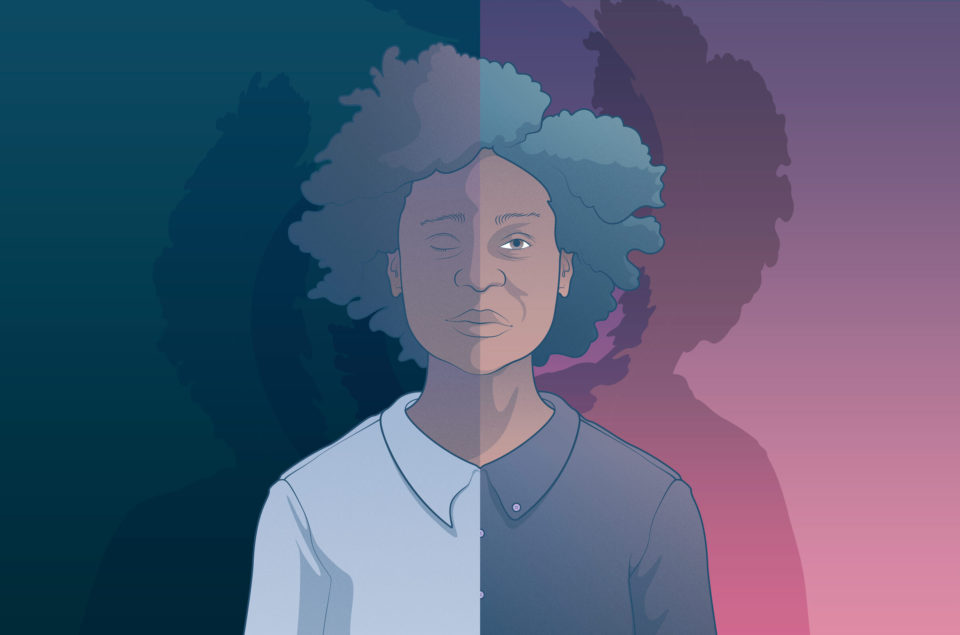Dreams are visual images formed in our mind while we sleep. Sometimes these images appear in an order which can form an almost coherent storyline, and sometimes they’re so incoherent, it borders on the bizarre. Dreams are something we have in common with all humans and animals, even though they can be elusive to grasp or remember once we’re awake. We took the challenge to shortlist your most frequently asked dream-related questions below!
1. Does everyone dream?
The short answer to this question is, YES! So even though we may not remember all our dreams, they do occur…neatly lining up to our next question.
2. Why don’t we remember our dreams?
Research suggests humans don’t easily remember non-essentials or events that don’t hold significance for us. Ernest Hartmann, professor of psychiatry further explains that the reason we may forget can in part be attributed to the absence of, or low levels of the hormone norepinephrine (this supports memory) in the cerebral cortex when you’re dreaming. However, dreaming is the opposite of focused, intentional thinking and learning, hence dreams are likely more easily forgotten. Of course, there are dreams that will always stand out, you may even remember some vivid ones dating back several years. But on the whole, as dreams are created when the brain is ‘off-guard’, they will not stay with you for long. Keeping a journal or dream diary by your bed and noting down fragments of your dream as soon as you wake up, is your best bet to remember them.
3. Why do we dream?
Although we don’t know for certain and theories of why we dream have been hypothesized for centuries, some popular assumptions include:
- Dreams mirror our emotional state. If there’s something on our minds, it can appear in a reimagined form within our dreams.
- Consolidation of memories. ‘Sleep on it’ may be very good advice indeed when you’re learning and memorizing new information, as sleep and dreams can help this process.
- Dreams can help encourage our creativity, as they don’t censor any thought or instinct.
4. During which stage of sleep / sleep cycle do we dream?
Dreams tend to occur during the Rapid Eye Movement (REM) stage of sleep. However, dreams can happen during any stage of sleep, yet we dream the most and those dreams we tend to remember (the truly vivid ones) usually happen during REM sleep.
5. How long does an average dream last?
Although difficult to assess exactly, it is thought that you dream several times during the course of one night, and those occasions total approximately 2 hours of sleep. Broken down, each dream lasts between 5-20 minutes.
6. Do dreams affect the quality of sleep?
Generally speaking, as dreams occur as a natural part of the sleep cycle, dreaming doesn’t affect the quality of sleep per se, however nightmares and especially recurring nightmares can be an exception to this. A nightmare, which is a dream characterized by negative, traumatic and scary feelings, can sometimes feel so intense that it wakes you up. Regular awakenings from nightmares, which leave you distressed, will have an impact on your sleep quality. However, even though nightmares may be common, a nightmare disorder (when nightmares occur with high frequency) is still rare.
7. Do babies dream?
Newborn babies spend about 50 percent of their sleep time in REM (the most productive time for dream-making) and from what we understand, babies are actively dreaming during this time. Young infants constantly categorize and process new information and stored memories accumulated during their short lifetime can have a direct effect on dreams.
8. Do diet, habits and general wellbeing and mental health affect what we dream?
Our mental health and wellbeing certainly have an impact on how and what we dream, in fact, a study asking participants to suppress a thought just before sleeping found that it resulted in subsequent dreaming of that thought.
There is still further research needed on a direct correlation between our diet and dreams, yet if there’s food that induces feelings of discomfort, such as bloating, it may result in an uncomfortable and fitful sleep and by extension impacting how and what you dream.
9. What are lucid dreams and why do they occur?
The sensation may be familiar, you’re dreaming and suddenly very aware that you’re dreaming, even though you’re still asleep. During a lucid dream, you can in some cases and to some extent control the narrative of your dream. The reason we have lucid dreams is not fully known, yet some research shows we can manipulate and reinforce certain behavior to promote more lucid dreaming.
For example, as most lucid dreams tend to occur during our REM sleep, waking yourself up after 5 hours, and then going back to sleep and reminding yourself that when you next dream, you’ll try realizing that you’re asleep and dreaming, can be effective. Some studies also show that there are differences in the prefrontal cortex between those who tend to have lucid dreams and those that don’t. Essentially deep thinkers seem to be more prone to lucid dreaming.
10. Can sleep apnea cause nightmares?
Obstructive Sleep Apnea (OSA), a sleep-disruptive condition in which breathing becomes obstructive as you sleep, is unfortunately associated with a prevalence of nightmares. The lack of oxygen is considered to be a contributing factor. Nightmares including drowning or suffocation can be common in those suffering from OSA.
11. Can melatonin cause bizarre dreams?
Melatonin is a hormone that is associated with the sleep-wake cycle. Melatonin supplements can help facilitate the onset of sleep. Side effects are rare, but as the stage where dreaming occurs is prolonged with melatonin, it can induce more vivid dreams and in some cases, nightmares.
12. Common dreams and their interpretations
Dreams such as falling, being chased, failing exams, being naked in public are common, and most likely you may have experienced and still remember similar dreams vividly. Dream interpretation and what it says about our emotional state was popularized by Freud. Usually, dreams can be categorized into a few main groups. Dreams can speak of your relationships; your sexuality; emotional state – such as fear of embarrassment or working through a trauma. We’ve summarized a few of the most common dreams below and what popular assumptions on what they could mean.
- Falling – a very common dream, falling in your dream can symbolize a loss of control or a fear of losing control. You may feel anxious or out of control and falling could reflect this feeling.
- Failing exams – this is a very common theme that can come and haunt you many years after you’ve left the classroom. Exams and tests symbolize one of the greater and earlier challenges in your life and can therefore reappear in your dreams when you’re facing challenges different in nature.
- Needing the bathroom – often nature’s way of bringing your attention to the fact that you may just need to get up and go to the bathroom.
- Flying – can indicate feelings of exhilaration, independence and freedom. However, similarly, it can also point to the desire to escape
- Late arrival – similarly to many of the themes above, dreams of coming late and not arriving in time can indicate feelings of anxiety.
- Sexual dreams – these can be interpreted widely, some may relate to grief after losing or breaking up with a partner and some may speak to desires that you’re not always consciously aware of or that your readily acknowledge.
- Falling teeth – some of these dreams may be actual physical signs and sensations that affect you and your unconscious mind alerting you to your oral health. Other interpretations include a significant loss or a life change.
- Unable to move or speak – not to be confused with sleep paralysis, when you can’t move or speak in your sleep, this could be an indication of physical and mental exhaustion.
As elusive as dreams are, they are a universal cognitive experience that all of us share and may offer a unique window to our innermost thoughts and feelings. If you want to understand yourself better, perhaps just keep on dreaming!
